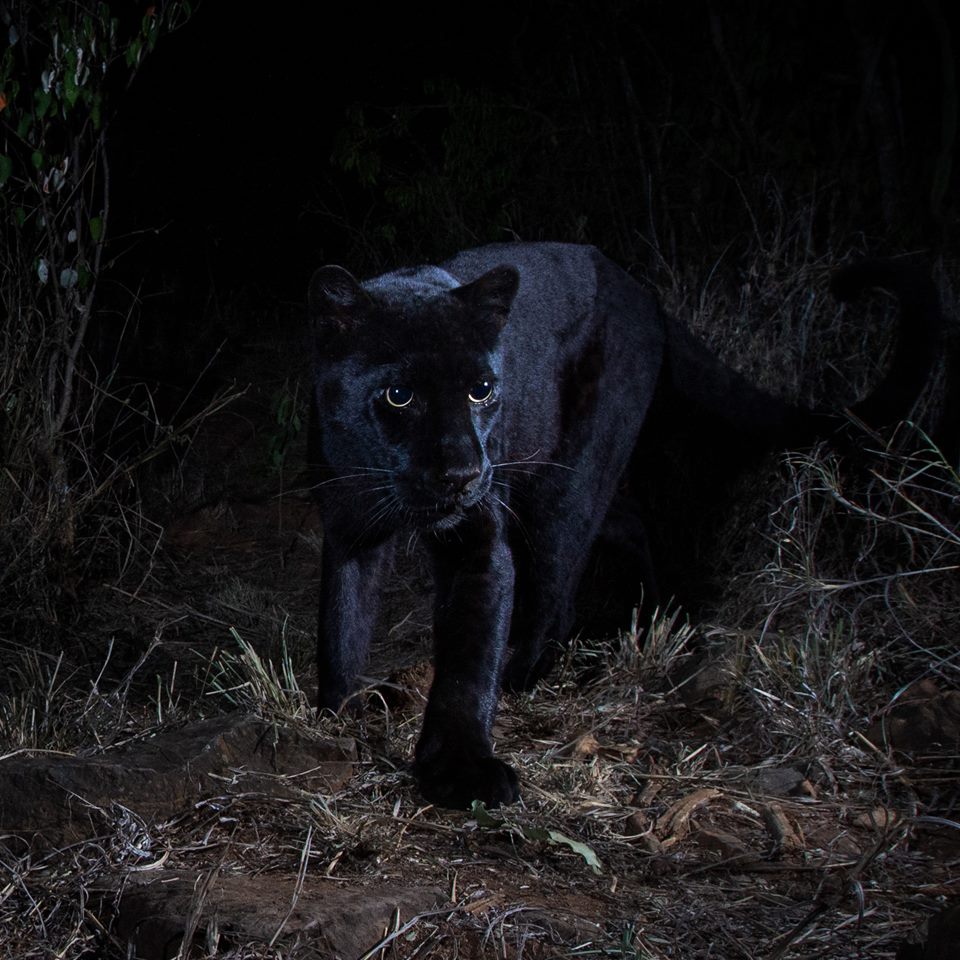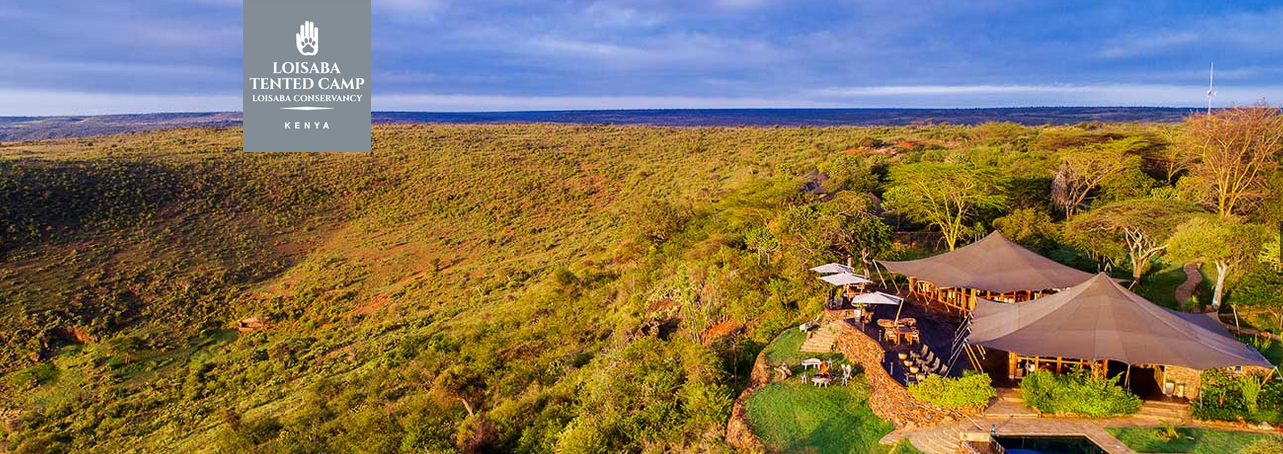Loisaba Researchers Spot Rare Black Panthers
February 14, 2019 - 3 minutes readThe San Diego Zoo Global program and Loisaba Conservancy recently reported that images of very rare black leopards have been captured on camera traps in the conservancy and neighboring properties.
Also called black panthers or melanistic leopards, the big black cats were discovered during an ongoing, large-scale study by SDZ Global and Loisaba to understand the population dynamics of leopards in the Laikipia region of north-central Kenya.
“Regionally we’ve heard reports of black leopards living here in Kenya, but high-quality footage or imagery to support these observations has always been missing,” says Dr. Nicholas Pilfold of Global’s leopard program.
“That’s what we’ve provided here with our cameras, and now we’re able to confirm what has been long suspected about black leopards living in Laikipia County.”
According to Global, melanism is a gene mutation occurrence where the coat appears completely black. But only by daylight, because the leopard’s trademark rosette patterns are visible after dark using infrared imagery.
Photo by Will Burrard-Lucas, San Diego Zoo Global
“Black panthers are uncommon,” Dr Pilford adds. “Only about 11% of leopards globally are black. But black panthers in Africa are extremely rare. Our observations . . . are collectively the first confirmed cases in Africa in nearly 100 years. It is certain black panthers have been there all along, but good footage that could confirm it has always been absent until now.”
The International Union for Conservation of Nature’s (IUCN) currently lists leopards as “vulnerable” on its Red List of Threatened Species.
According to Global, habitat loss and fragmentation, competition for prey, conflict with livestock and farmers, and hunting have reduced the number of leopards throughout Africa, although the total extent of this population decline is still unknown.
The San Diego Zoo its partners — the Loisaba Conservancy, Mpala Research Centre, Kenya Wildlife Service, Laikipia County Government and The Nature Conservancy — are tracking and researching leopard populations in the area with the aim of preserving the species and maintaining healthy ecosystems.
The black leopards were photographed in November and December of 2018, and then again in January of this year, along the southern edge of the Laikipia Escarpment around four miles for Elewana’s Loisaba Tented Camp.
Tags: black leopards, black panthers, Loisaba Conservancy, melanistic leopards, Threatened Species


0 Comments